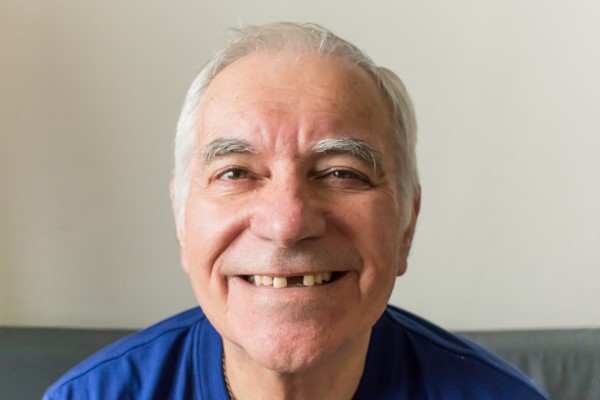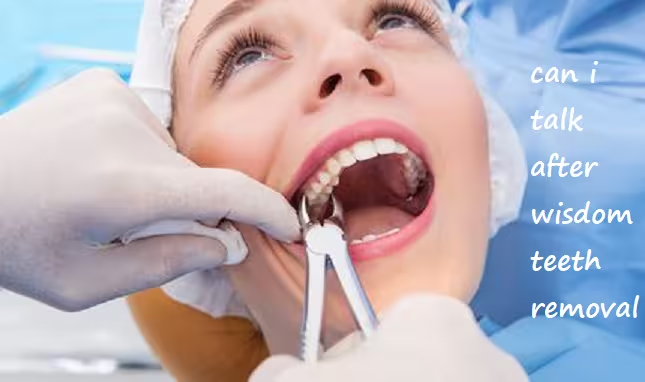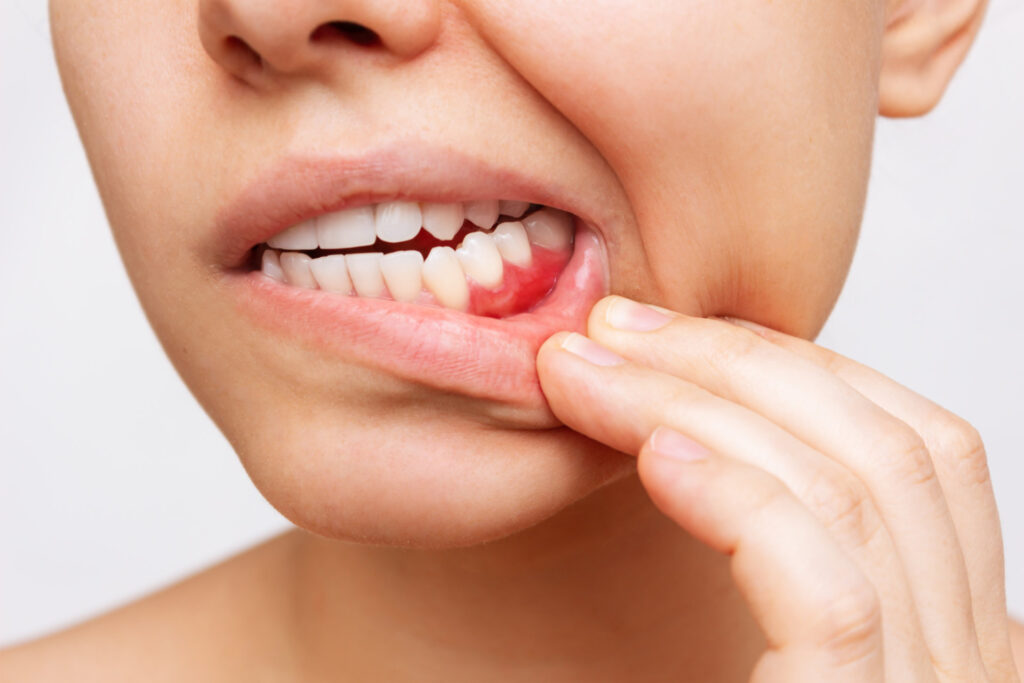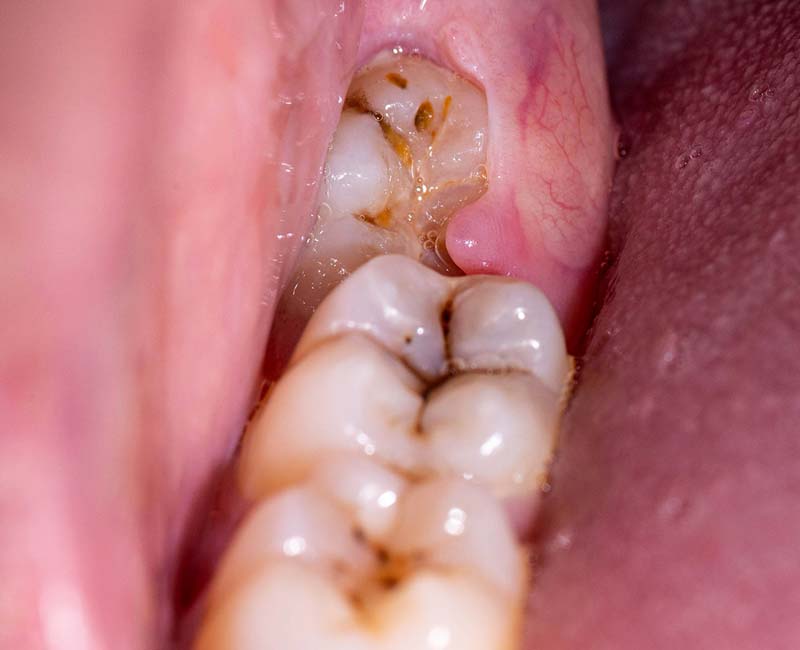How Soon Can You Talk After Wisdom Teeth Removal? Expert Advice from Buford Dentist
TLDR; You can usually start talking a few hours after wisdom teeth removal, but it’s best to limit speaking as much as possible for the first 24–48 hours to allow proper healing. Excessive talking early on can increase your risk of complications like dry socket, bleeding, or delayed recovery. Wisdom Teeth Recovery Talking: What You […]







